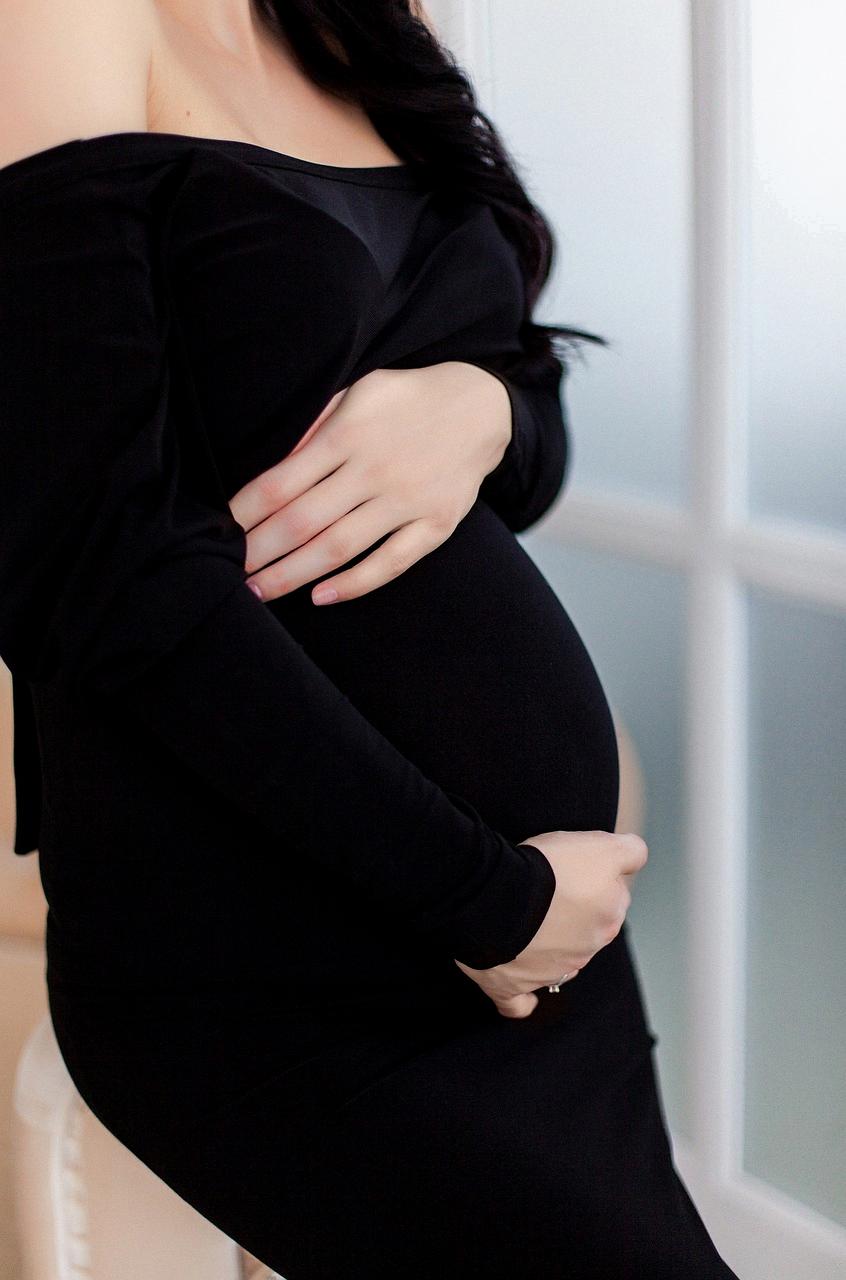One might wonder if it’s possible to conceive a child without fallopian tubes, the usual passageway for the egg to travel from the ovary to the uterus. However, the case of Elizabeth Kough challenges the conventional wisdom. Kough had her fallopian tubes removed in 2015, yet managed to become pregnant and give birth four years later in 2018.
Understanding How Pregnancy Was Possible
The key to understanding how pregnancy occurred without fallopian tubes lies in a rare phenomenon known as ectopic pregnancy. In an ectopic pregnancy, the embryo implants itself outside the uterus, often in a fallopian tube. However, in the case of Elizabeth Kough, the embryo managed to implant in the abdominal cavity after her tubes had been removed.
The Role of IVF in Conception
Another important factor in Elizabeth Kough’s pregnancy journey was the use of in vitro fertilization (IVF). IVF involves fertilizing an egg with sperm outside the body and then implanting the resulting embryo into the uterus. In Kough’s case, IVF allowed for conception without the need for fallopian tubes.
The Significance of Ovarian Function
Even without fallopian tubes, the ovaries still play a crucial role in fertility. Ovaries produce eggs, which can be retrieved for IVF procedures. In Kough’s situation, her ovaries continued to function normally, providing the essential eggs needed for successful conception.
Medical Advancements in Reproductive Technology
The case of Elizabeth Kough highlights the incredible advancements in reproductive technology that make pregnancy possible in unique circumstances. Assisted reproductive techniques like IVF have opened up new possibilities for individuals facing fertility challenges, including those without fallopian tubes.
Emotional and Psychological Impact
For Elizabeth Kough and others in similar situations, the emotional and psychological impact of unexpected pregnancy can be profound. Coping with the surprise of conception after taking steps to prevent it can bring a mix of joy, confusion, and uncertainty about the future.
Consulting with Medical Professionals
Individuals considering reproductive interventions should always consult with qualified medical professionals. Fertility specialists can provide guidance on the available options, potential risks, and expected outcomes, helping individuals make informed decisions about their reproductive health.
Personal Stories and Diverse Experiences
Each person’s journey to parenthood is unique, shaped by a combination of biological factors, medical interventions, and personal choices. Elizabeth Kough’s story reminds us that fertility is a complex and multifaceted aspect of human experience, with surprises and miracles that defy conventional expectations.
Support and Understanding
For individuals navigating unexpected pregnancies or fertility challenges, seeking support from loved ones, counselors, or support groups can provide comfort and guidance. Sharing experiences and emotions with others who understand can help individuals process their feelings and make decisions that align with their values and goals.
The Future of Reproductive Medicine
As technology continues to advance and research progresses in the field of reproductive medicine, new possibilities and innovations may emerge for individuals seeking to start or expand their families. Keeping abreast of the latest developments and options can empower individuals to make informed choices about their reproductive health.
Conclusion: Possibilities Beyond Expectations
The case of Elizabeth Kough underscores the complexity and resilience of the human reproductive system. While conventional expectations may suggest certain limitations, real-life experiences often defy these notions, showcasing the remarkable potential for conception and childbirth even in the absence of traditional anatomical structures like fallopian tubes.

